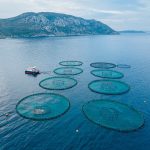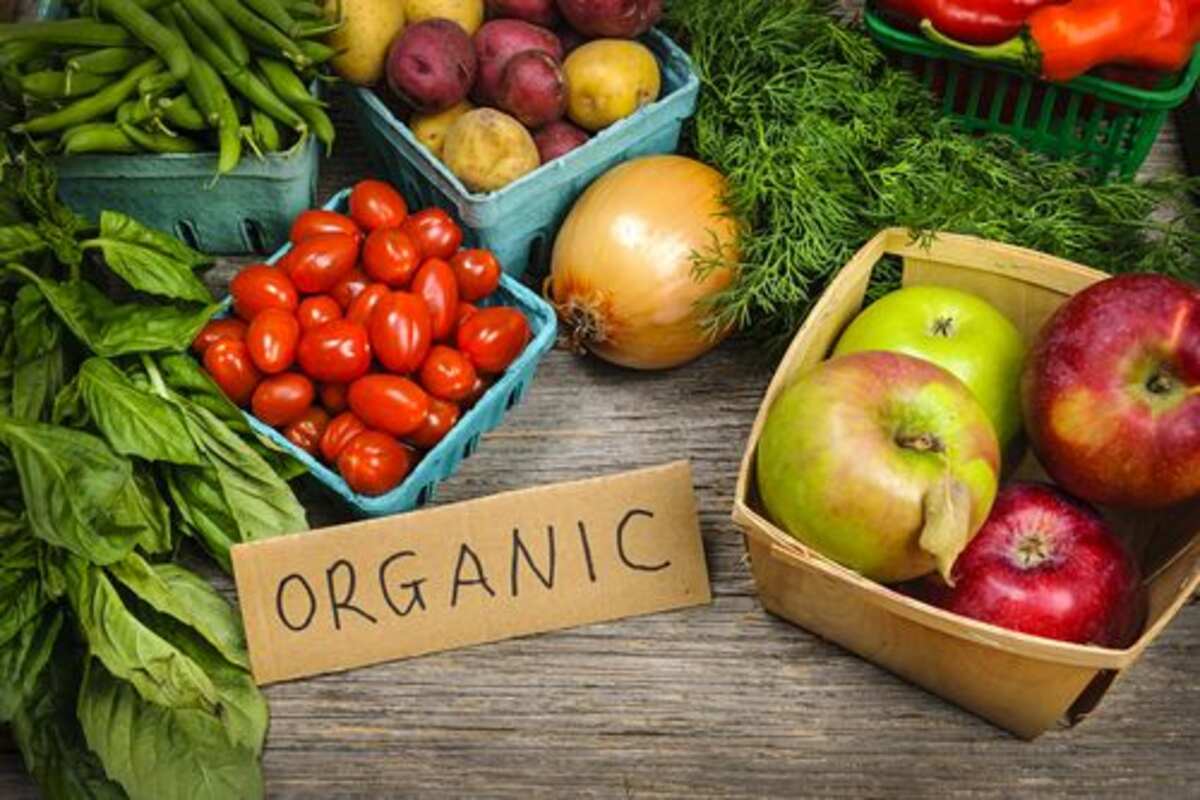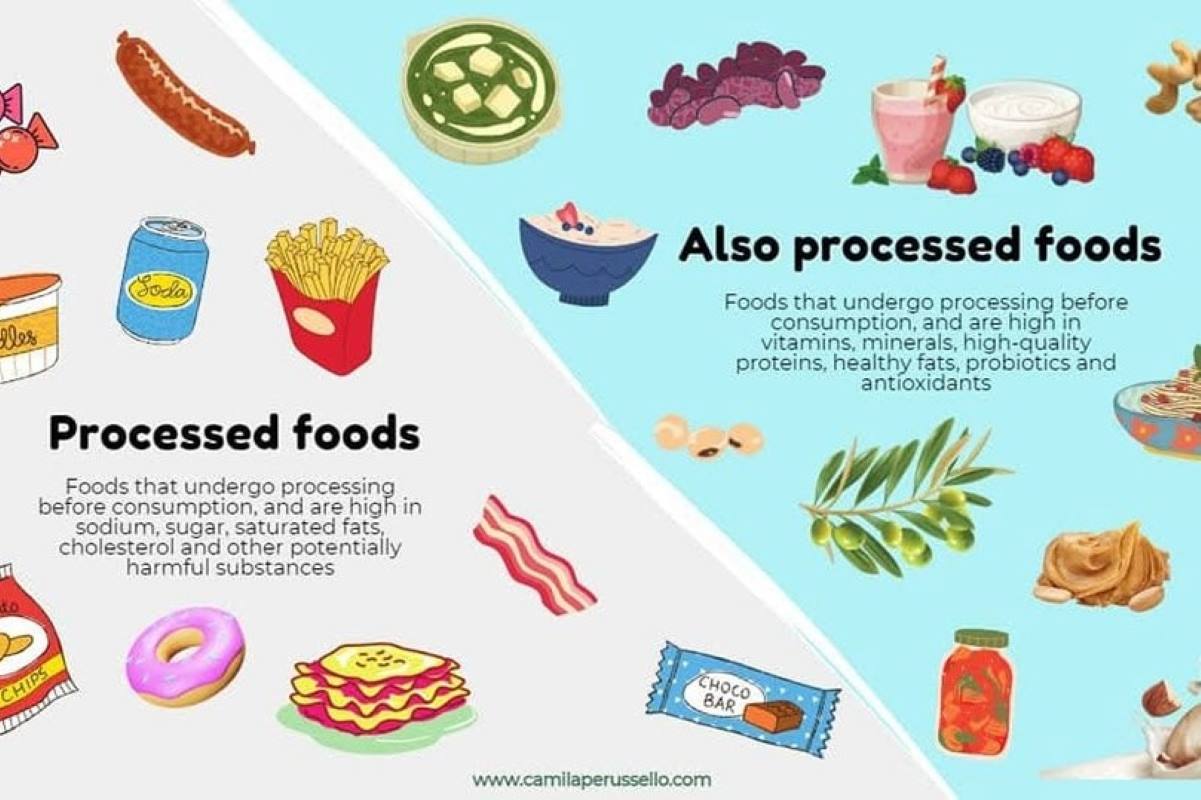If you have ever wondered, “Are organic foods healthier than conventional ones?” then you are not alone. The organic vs non-organic food debate has gone on for so long, and we are ready to call for a truce.
Consequently, we shall assess the many benefits of organic foods and the potential sacrifices that may come with it. In effect, we shall investigate if the organic produce labels of some food items translate to better odds for the body and environment.
What Are Organic Foods?
Organic foods are agricultural produce or finished products cultivated using organic farming methods. Organic farming methods are sustainable practices or conditions that assure consumers that the resultant products are natural and safe for human consumption.
In effect, organic foods harp more on how the produce was grown than the attributes of the food itself. Also, organic farming methods involve more of what farmers don’t do relative to conventional farming practices.
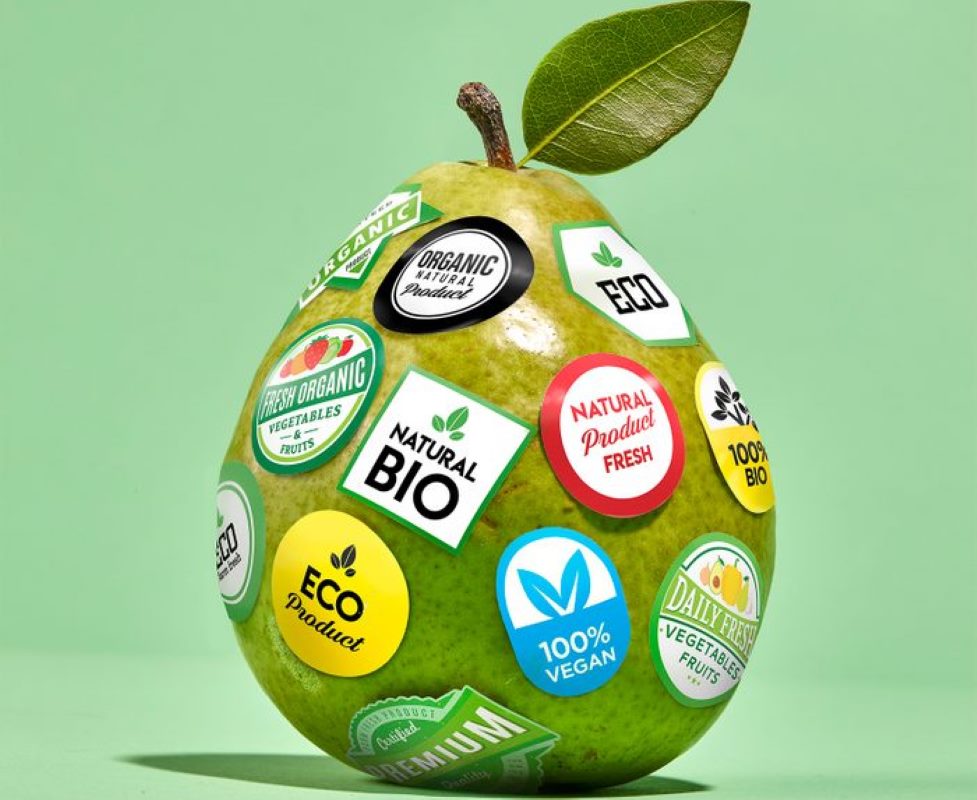
For example, most commercial farmers use genetically modified seeds to improve crop yield. In addition, they sometimes use chemical fertilizers or soil additives for the highest possible turnover on agricultural investments. Similarly, some livestock farmers load their animals with growth hormones to make them attain maturity or sales weight in the shortest time possible. These livestock farmers use a disproportionate amount of antibiotics to check disease outbreaks. Studies indicate that these practices could put the health of consumers in jeopardy.
For clarity, organic farming methods are the exact opposite of all the practices described in the previous paragraph. On the contrary, organic foods eliminate most of the potential pain points of non-organic farming. For most organic farmers, the goal is to strengthen consumer confidence in their produce.
The United States Department of Agriculture (USDA) initiated an organic certification and accreditation program in 1990. The program issues organic produce labels to food materials or products containing more than 95 percent organic ingredients.
ALSO READ: The Science of Fermentation: How Bacteria Make Foods Better
Nutritional Differences: Organic vs. Non-Organic
In response to the question: “Are organic foods healthier?” assessing nutritional differences is essential. The nutritional profile of food has nothing to do with whether it is organic or non-organic. Consequently, non-organically grown apples may contain as many nutrients as their organically cultivated equivalent.
Consequently, the same factors influencing nutrient profile variations in non-organic foods will have similar effects in organic equivalents.
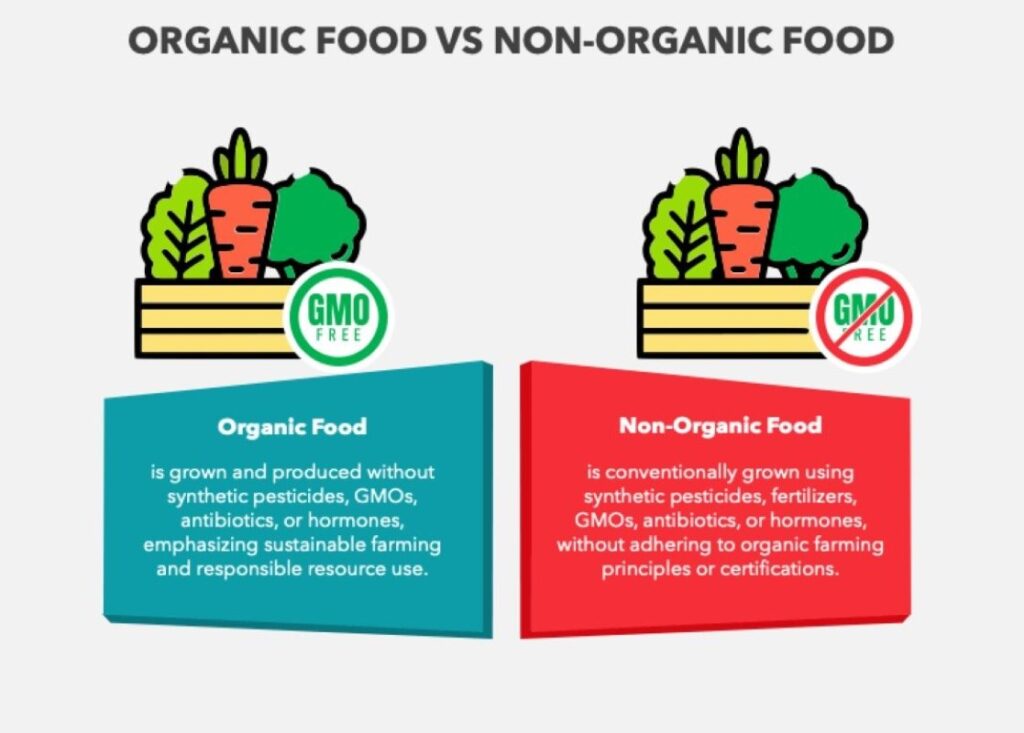
Indeed, non-organic farming practices like pesticide application, radiation treatment, and hormone and antibiotic use may yield produce with a similar nutrient composition as organic foods. However, a study suggests that pesticide use may negatively affect the bioavailability of certain nutrients in non-organic foods. This simply means the nutrients are present in the food, but the consumer’s digestive system can’t absorb them.
Pesticides and Chemicals in Organic Foods
At this point, it is essential to clarify that organic farming methods do not necessarily yield pesticide-free foods. Organic farmers control pests, apply fertilizer to the soil, and make efforts to maximize yield. However, they ensure that all interventions are natural and do not involve chemicals.
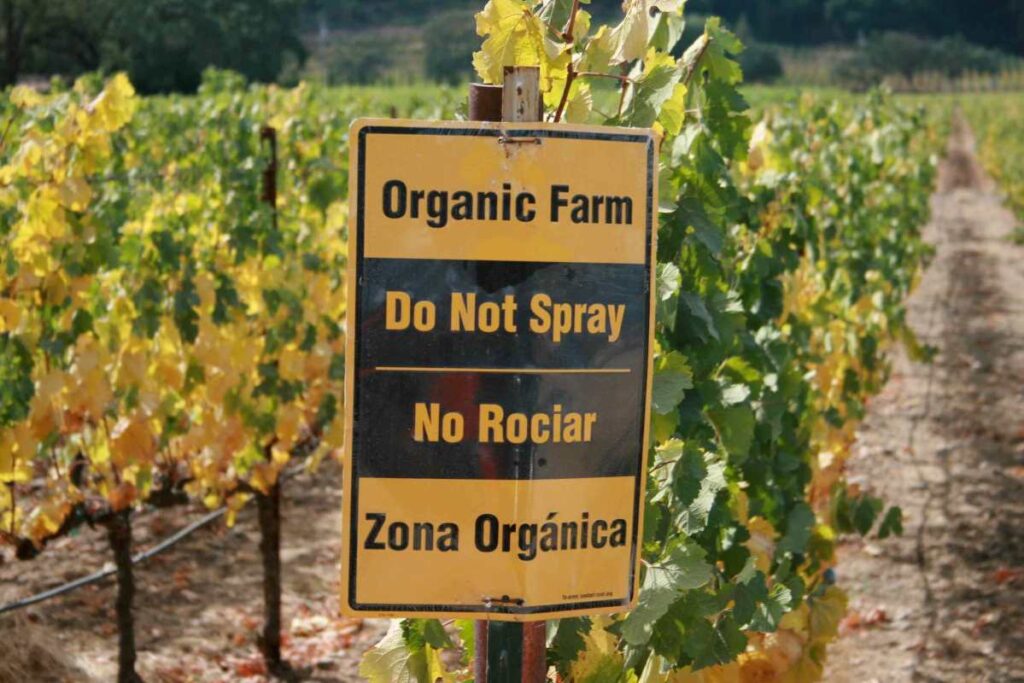
One of the foremost goals of organic farming, aiming for sustainable agriculture, is to encourage chemical-free food choices among consumers. In addition, USDA Organic was only being realistic by setting the benchmark for organic food labels at 95 percent.
Even after taking all the necessary precautions, organic farmers may find traces of chemical pesticides in their produce. Some chemicals may leach into natural waterways or contaminate the soil during pre-harvest activities. Also, postharvest contamination may occur during transportation or storage of organic produce.
Health Benefits of Eating Organic
Most of the health benefits ascribed to the consumption of organic foods are related to the low incidence of pesticides in them. So, we again affirm that the health benefits have nothing to do with the nutrient content in organic produce.
Some specific health benefits of organic foods are:
1. Reduces exposure to pesticides, antibiotics and hormones
Some grains, fruits and vegetables require significant pesticide application during their cultivation. Similarly, some commercial animals require antibiotic and hormonal shots. Once you identify a particular food item as such, it may be safe to go for the organic variant, so far you can help it.
2. Aids the avoidance of fetal complications
Exposure to heavy doses of pesticide in food may cause complications in fetal growth and formation during pregnancy.
3. Lower propensity of developing cancerous growths
Going with chemical-free food choices reduces the likelihood of coming down with cancers like non-Hodgkin lymphoma. We don’t mean eating organic food once every month, but consistently consuming only organically grown and prepared food.
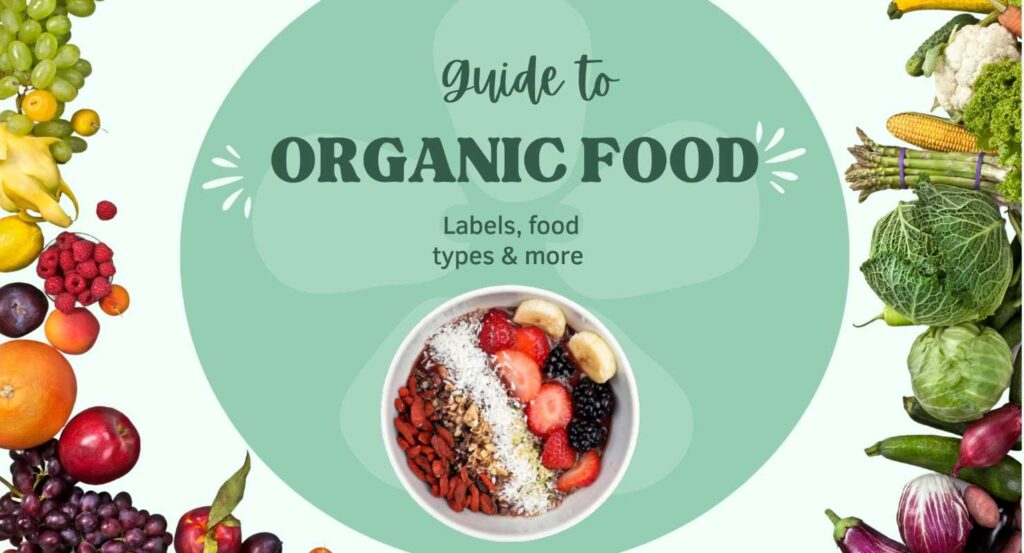
Understanding organic food benefits is very important. However, it is better to make the most of available food resources than starve due to the insistence on pesticide-free and non-GMO foods. We just couldn’t rein this part in. Struggling economies at the mercy of nutritional deficits and food insecurity cannot afford to be picky. Based on national priorities, food security should precede food safety.
If you are worried about the safety of non-organic foods, a 2016 study suggests that organic farming is being practiced on only 1% of the global arable land. Earth occupants will have to make do with the non-organics while working to bring up the percentage of organic foods in the global food system.
ALSO READ: How Pasta Became an Italian Staple (Even Though It’s Not Originally Italian!)
Are Organic Foods Worth the Cost?
Are organic foods healthier? We reckon you now possess enough organic food insights to answer that. Also, we’ll leave you to judge whether organic foods are worth the meticulous activities and trouble involved in their production. However, the activities surrounding organic food cultivation are undeniably sustainable and eco-friendly.
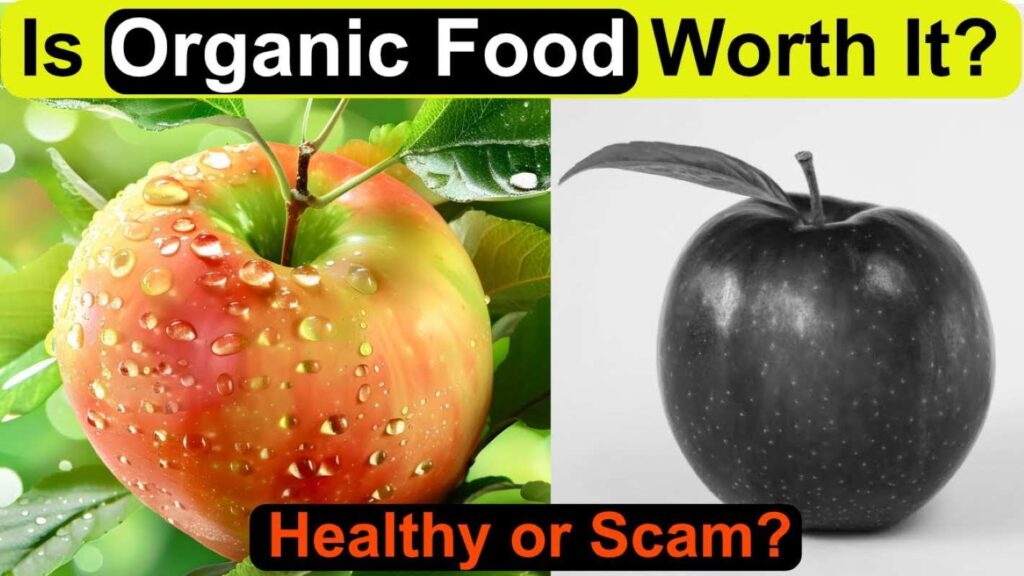
The label price of store-bought organic foods may discourage some people. However, we here offer some tips on how to eat organic without breaking the bank:
- Patronize local farmers’ markets for good bargains.
- Adapt your meal plan to food items that are in season.
- Join a food cooperative that is enthusiastic about organic foods.
- Start a farmstead and grow some organic foods yourself.
ABOUT THE AUTHOR

Babatunde Olufemi is a food scientist, educator, and science-based food writer with academic and practical exposure to food processing, nutrition, food safety, and the global food industry. Through Quill of Grubs, he breaks down complex food science topics into clear, accessible explanations for everyday readers, students, and professionals.






